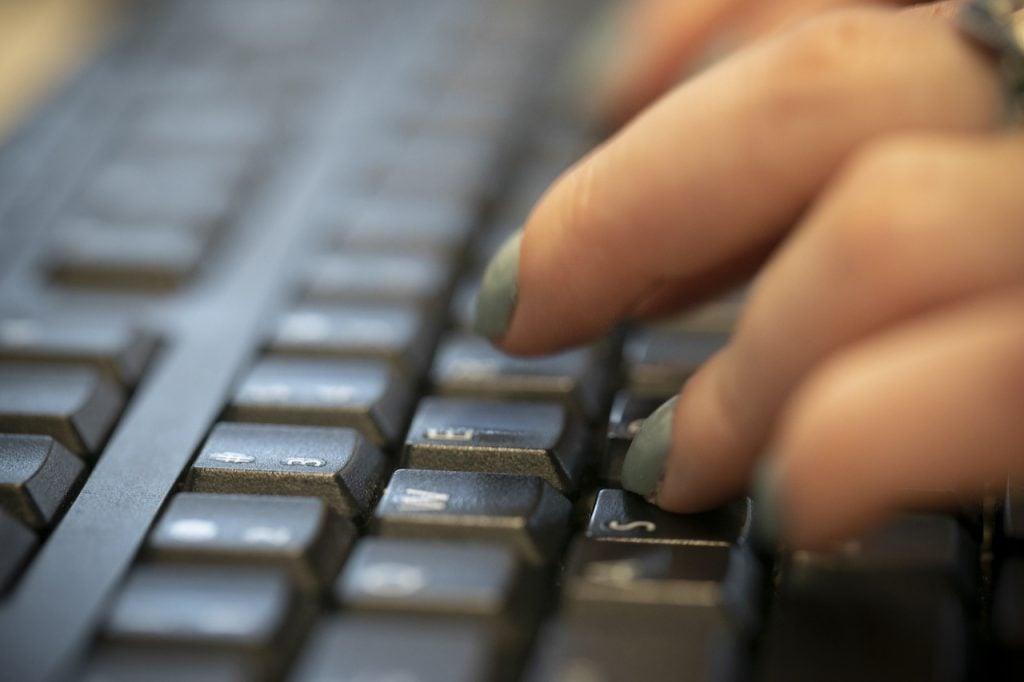120 complaints received, over 400 sites blocked, MCMC says amid concerns over child porn
Stiff penalties await those found to be involved in the production or distribution of such material, including hefty fines and long jail terms.
Just In
The Malaysian Communications and Multimedia Commission (MCMC) says it has received some 120 complaints regarding child pornography content on various platforms since 2018, amid concerns that the online shift precipitated by the Covid-19 pandemic is increasing minors’ risk of exposure to pornography and sexually explicit material.
With the cooperation of the police, it has also blocked 407 websites containing child pornography content from 2015 to January this year.
Speaking to MalaysiaNow, the regulatory body said all reports lodged are addressed, with action taken under Section 233 of the Communications and Multimedia Act (CMA) 1998.
Section 233 deals with the improper use of network facilities or services including the sharing of offensive content, with punishments ranging from fines of up to RM50,000, jail of one year or both upon conviction.
“For cases beyond the ambit of Section 233 of the CMA, referral to the relevant law enforcement agencies will be made and technical assistance will be provided to them,” MCMC said.
MalaysiaNow previously reported concerns over the open sharing of child pornography among members of Telegram groups dedicated to the distribution and trade of sexually explicit material.
Although reports are made over such groups, new ones quickly emerge under different names.
MCMC said removing these accounts can be difficult as those responsible can always create new ones to avoid detection.
However, it said it is seeking Telegram’s cooperation in the matter.
Issues related to the sexual exploitation of children, specifically the distribution, trade and creation of child pornography, fall under the Sexual Offences Against Children Act 2017 or Act 792.
Section 5 of the act prohibits any form of involvement in the creation of child pornography. Anyone found to be involved in the production of such material can be sentenced to a whipping and up to 30 years in prison.
Section 8 meanwhile deals with the distribution and reproduction of child pornography. Offenders can be punished with whipping and up to 15 years in jail upon conviction.
Acknowledging the widespread distribution and trade of child pornography on social media, MCMC said it aims to prevent this through empowerment, advocacy and awareness, and technical assistance.
For example, its Klik Dengan Bijak campaign focuses on the joint role of all parties – parents, guardians, educators, NGOs, ministries, government agencies and international organisations – in online safety and security, including online child exploitation and child safety.
“This initiative includes advocacy and development modules of training and education modules for parents and guardians as well as educators,” MCMC said.
In terms of technical assistance, MCMC assists the police in restricting or blocking access to websites containing child pornography and investigating offences under legislation such as the Penal Code, Child Act 2001 and Sexual Offences Against Children Act 2017 through information sharing and digital forensics analysis.
It also provides technical assistance to other law enforcement agencies for website blocking, content or account removal requests by liaising with platform providers, generating abuse reports to platform providers, as well as advice and guidance on other steps that complainants can take.
MCMC said education on the right use of the internet must continue to encourage users to use it for the right purposes.
“The wrongful use of the internet is but a moral decay at the individual level.
“It is through effective enforcement and prosecution that we will be able to try and manage the issue at its root,” it said.
Subscribe to our newsletter
To be updated with all the latest news and analyses daily.
